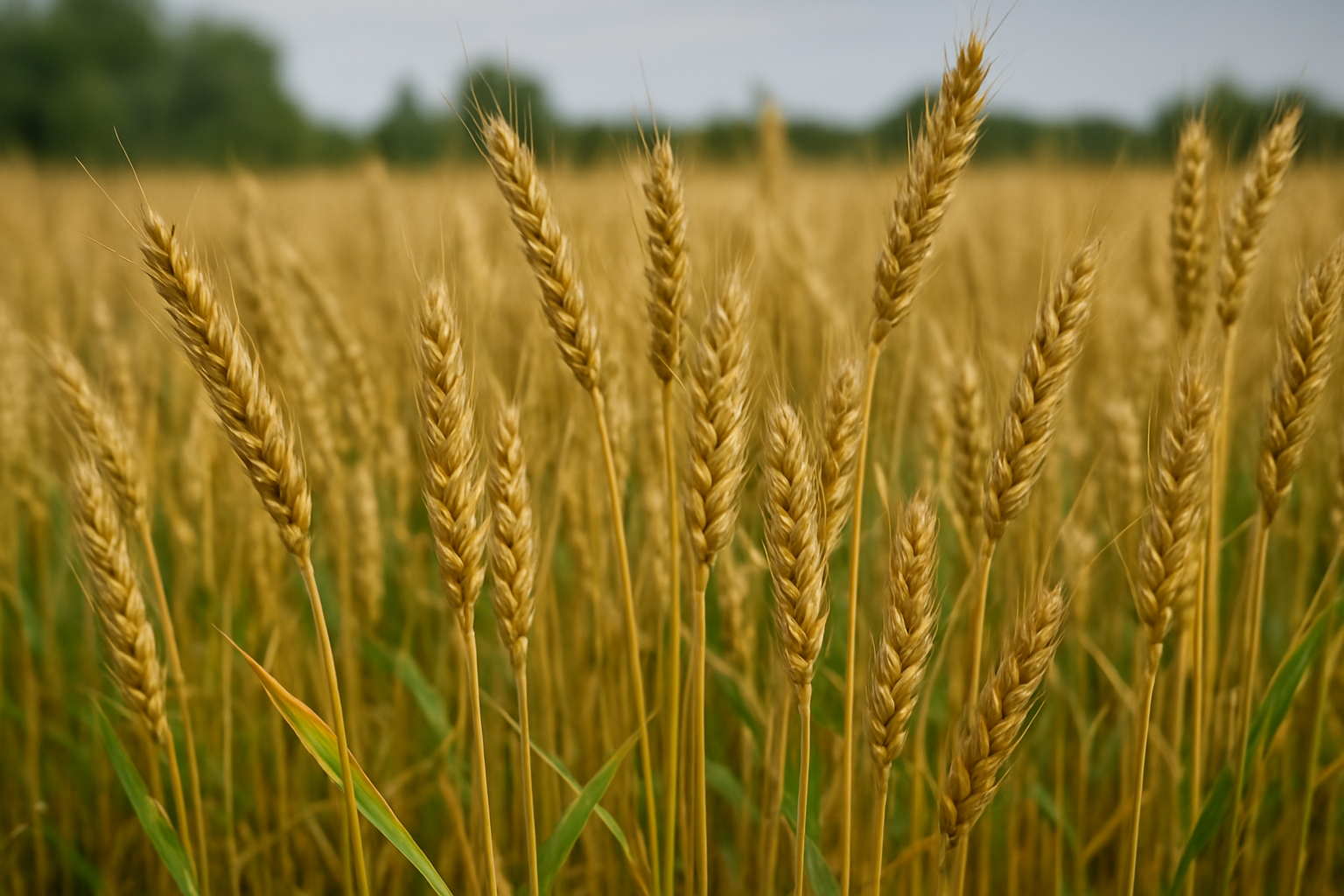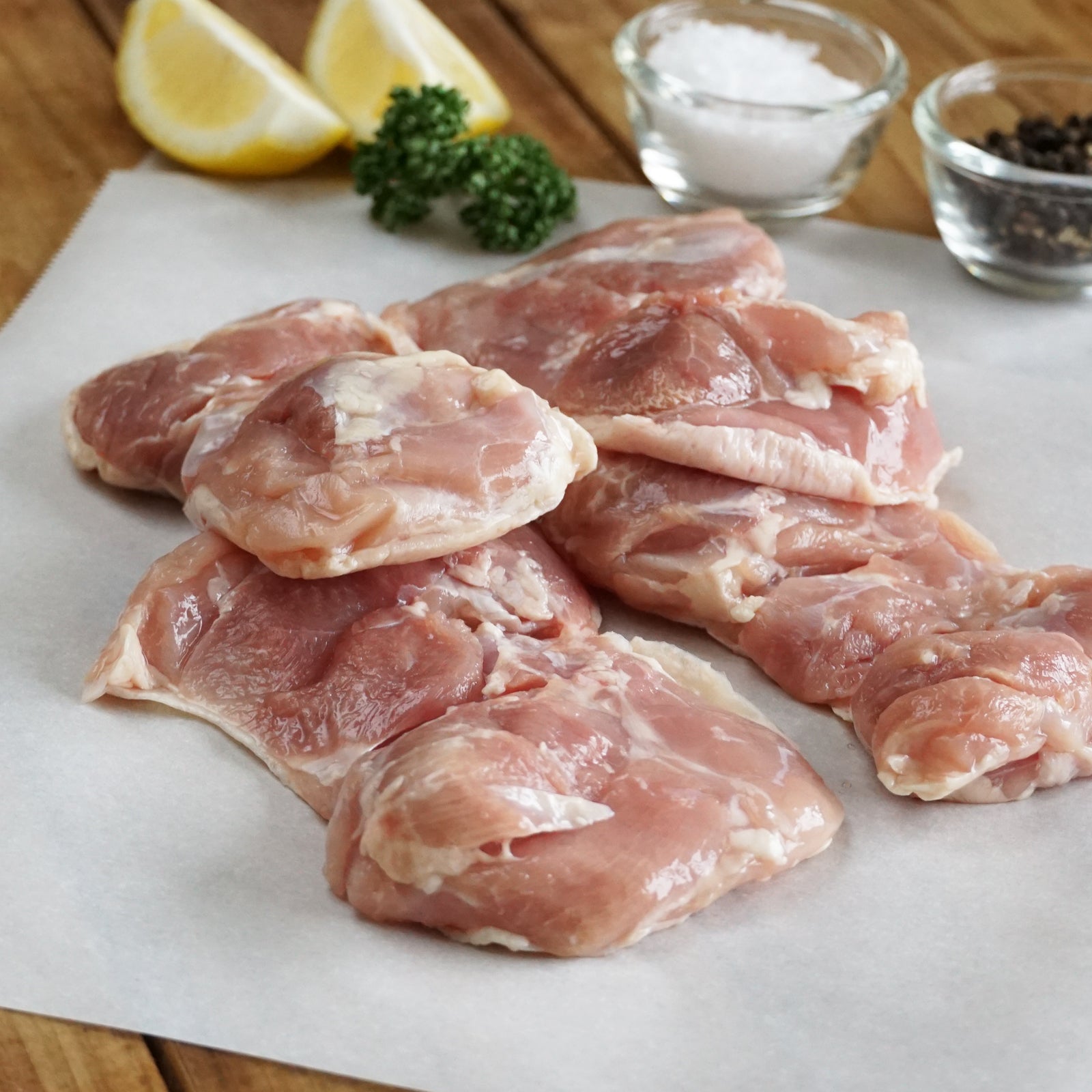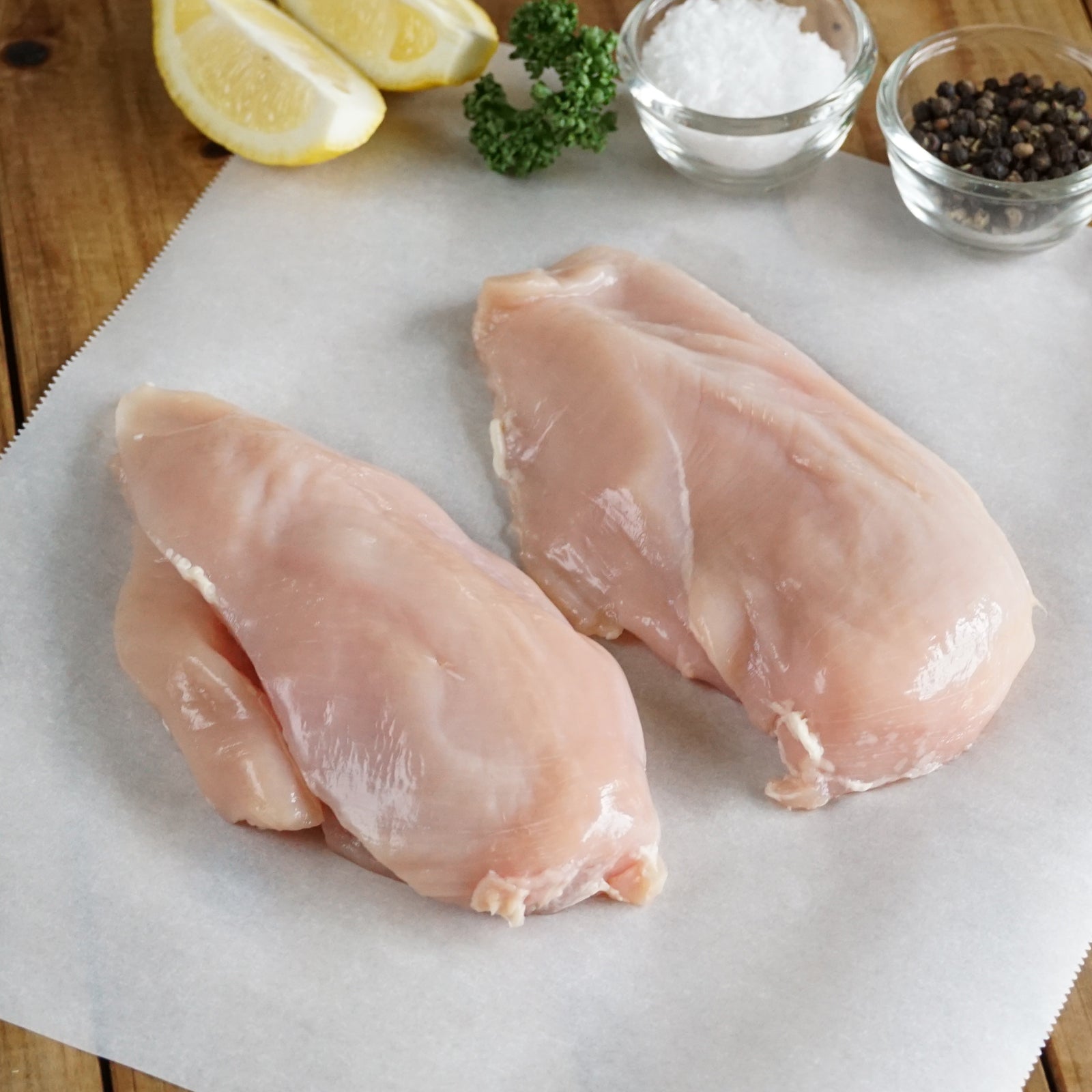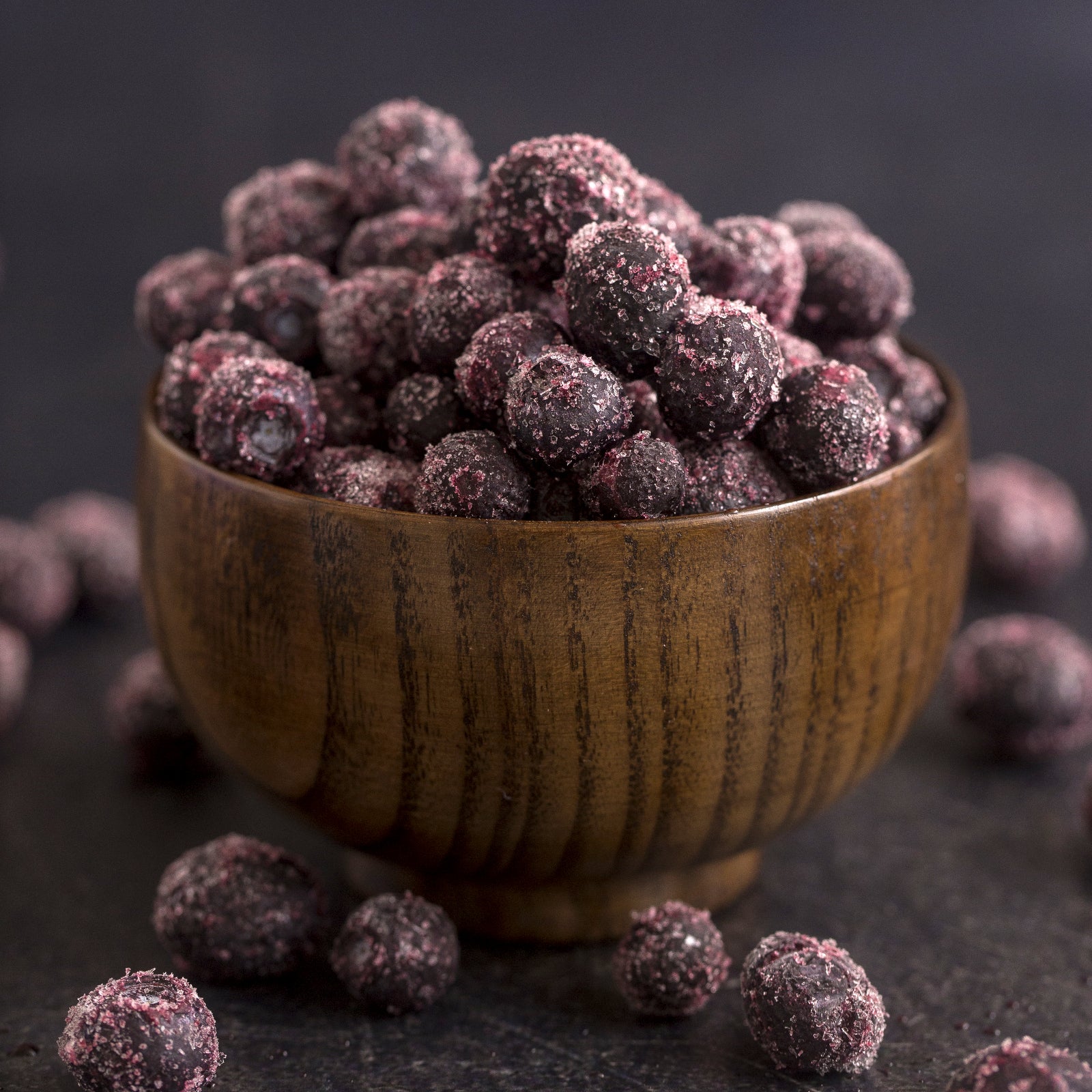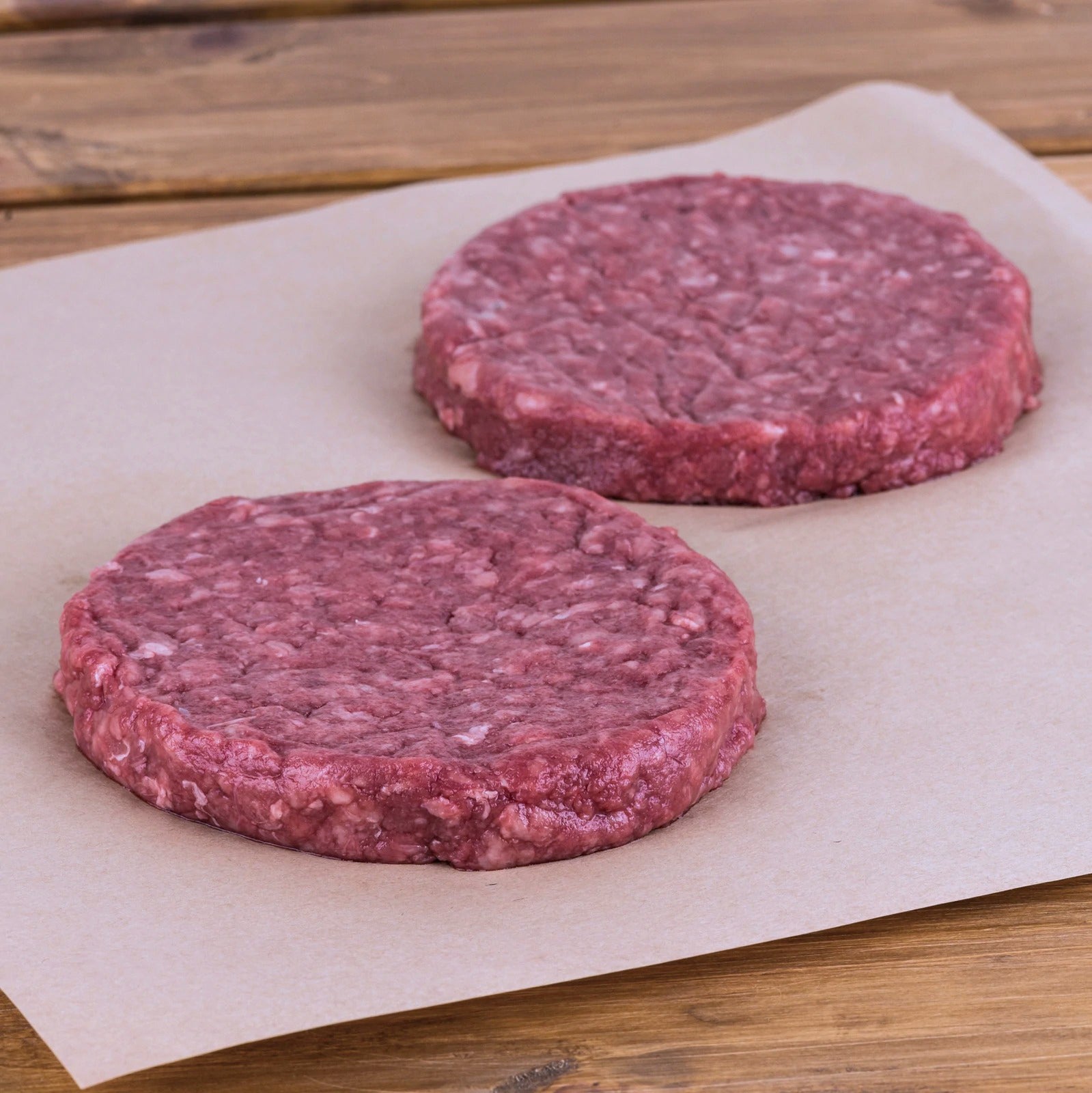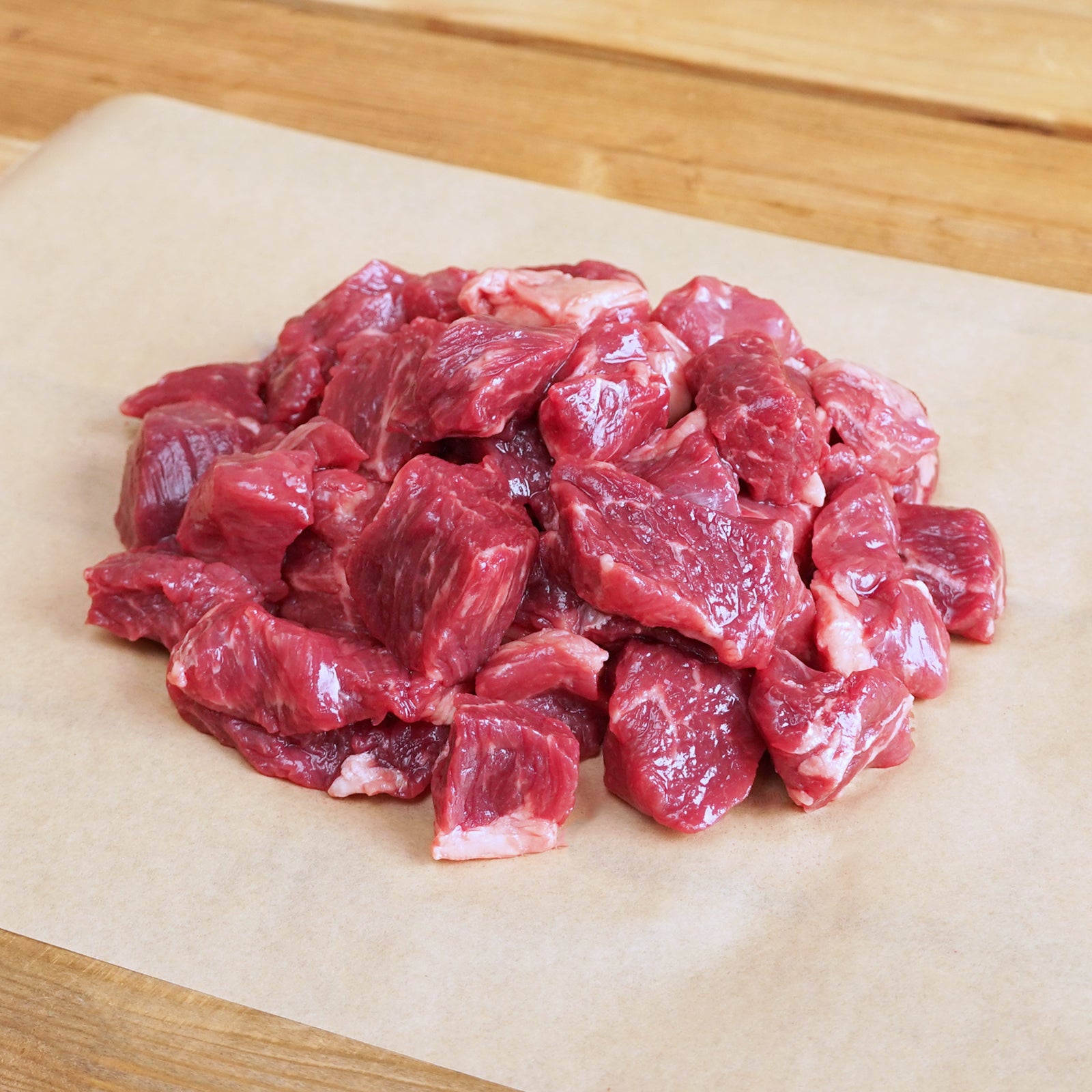What Are Food Additives?
Food additives are substances added to food during processing, preservation, or production and are used for various purposes, including but not limited to adding color, flavor, aroma, changing texture, adding sweetness, extending shelf life, and preventing mold growth. In Japan, there are approximately 1,500 officially registered and recognized food additives (as of October, 2023). They can be broadly categorized into two groups: "chemically synthesized additives" and "natural additives."
What Are Chemically Synthesized Additives?
As the name suggests, chemically synthesized additives are food additives that are artificially produced through chemical processes. In Japan, these are all classified as "一般飲食物添加物" (general food and beverage additives) and are approved for use based on safety assessments by the Japanese government. However, there are cases where some additives allowed in Japan are prohibited in other countries due to concerns about their potential health effects, and vice versa. It's important to note that not all possible additive combinations or long-term consumption effects have been thoroughly investigated, making some aspects of these additives still unknown - despite being approved for use.
What Are Natural Additives?
Natural additives are food additives manufactured by extracting substances from plant and animal tissues, minerals, and other natural sources. In Japan, they are categorized into three groups: "既存添加物" (existing additives), "天然香料" (natural flavorings), and "一般飲食物添加物" (general food and beverage additives). The judgment of whether natural additives are "safe" or "better" than chemical additives varies based on many factors and eventually comes down to individual perspectives. Here at Horizon Farms, we do not give a free pass to all natural food additives solely because they are natural. Instead, we carefully confirm their origin and composition, and if we deem the product safe for consumption, it is introduced to our customers with a thorough explanation.
What Does "Additive-Free" or "All-Natural" Mean?
"Additive-free" food products are simply those that do not contain any food additives. However, it's essential to note that just because a product is labeled as "additive-free" does not necessarily guarantee its safety. Some additive-free products may still use ingredients exposed to chemical pesticides or antibiotics. Meaning that while chemicals and other nasties are not added as an ingredient to the final product themselves, they could be used somewhere down the line during the production process.
How Horizon Farms' Chooses our Products
Considering the complex relationship between food safety and the term "additive-free," if you are seeking safe and trustworthy food, it can be challenging to research each ingredient individually, especially when some information may be severely lacking. In such situations, leave it to us to find food that can be consumed with peace of mind.
Horizon Farms exclusively offers products that meet the following criteria, which can serve as a valuable guide for buyers when looking for clean foods anywhere. Many stores may offer products that meet one or some of these criteria, but few offer products that meet them all. Here is what we look for:
For Meat:
- No use of chemically synthesized additives
- No use of growth-promoting hormones
- No use of antibiotics (except for therapeutic purposes)
- Animals are raised in a pasture or free-range environment
For Seafood:
- No use of chemically synthesized additives
- No use of growth-promoting hormones
- No use of antibiotics (except for therapeutic purposes)
- Sourced through sustainable fishing or aquaculture practices
For Processed Products:
- No use of chemically synthesized additives
- No use of preservatives
- Any meat or seafood contained in the product follows the guidelines above
Benefits of Frozen Foods
Horizon Farms primarily offers frozen, freeze-dried, canned, and pouch-stored or otherwise sealed foods as they can be delivered to you without using preservatives or food additives. Among these, frozen foods are especially prevalent. When stored at temperatures below -18°C, the growth of bacteria that can cause spoilage and foodborne illnesses is prevented, allowing these foods to remain fresh without the need for food additives. Moreover, frozen foods often have extended shelf lives and are incredibly convenient, allowing you to use only the amount you need at any given time. On top of this, our meats are vacuum-packed, locking in the freshness and flavor - making it seem that once defrosted it wasn't even frozen in the first place.
In Conclusion
Here at Horizon Farms, we take great care in sourcing our food products, including direct visits to farms and processing facilities, and engaging in conversations with producers to verify production conditions. Only products created by producers who share the value of wanting to provide safe options for children and families are considered. Rest assured that we will continue to deliver high-quality, clean, and safe food products to you and your loved ones - allowing you to enjoy your meals with confidence.
Disclaimer: Please note that while our explanations are correct they are very simplified for shortness and understanding. We encourage you to do further research on this topic.
 |
About the author: Sam Tumeh (Founder & CEO of Horizon Farms, Inc.) has joined the consumer food and meat industry of Japan in 2010. |


